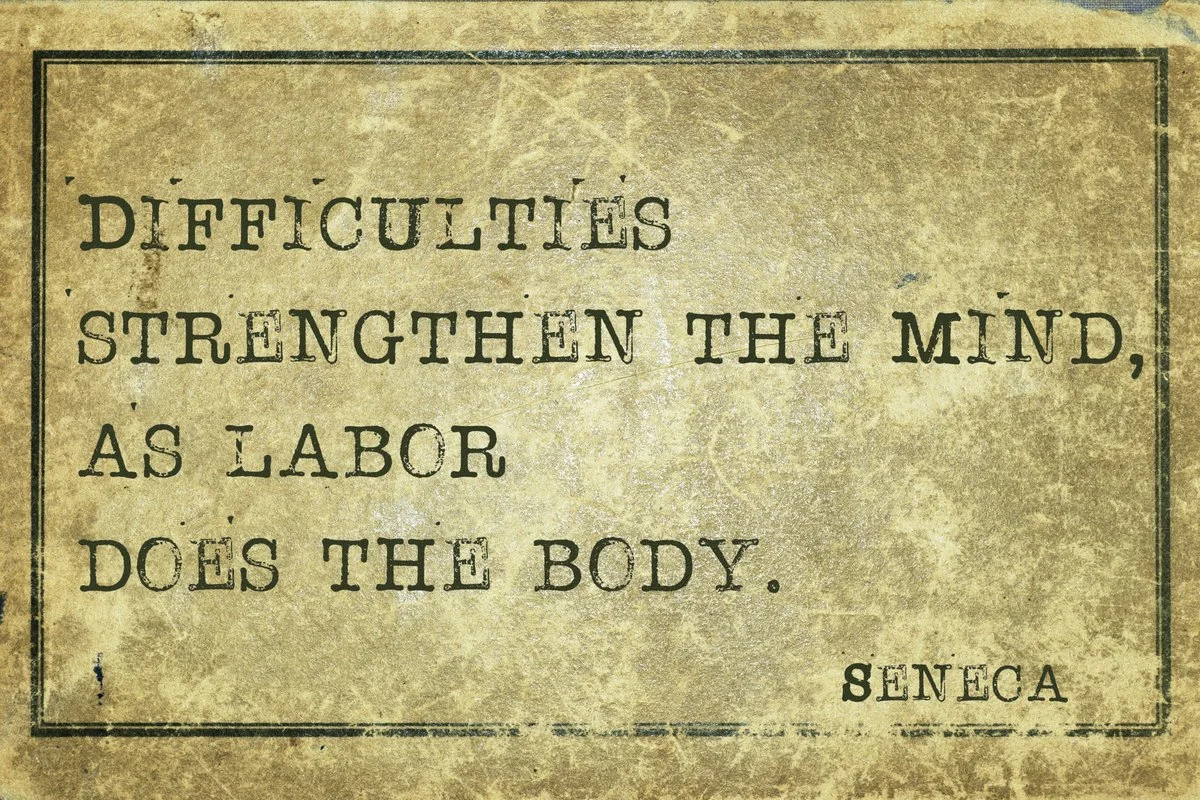Being Resilient
Webster’s Dictionary defines “resilience” as a noun, (1) the capacity to recover quickly from difficulties, toughness, (2) the ability of a substance or object to spring back into shape, elasticity, flexibility, pliability, springiness.
Psychologists define resilience as the process of adapting well in the face of adversity, such as family and relationship problems, serious health problems or workplace and financial stressors, the ability to mentally or emotionally cope with a crisis.
We all experience disappointment, loss and change. And while they are a normal part of life, these emotions and experiences still cause sadness, anxiety and stress. But just as physically healthy people are better able to bounce back from illness or injury, people with strong mental health are better able to bounce back from adversity, trauma and stress. This skill is called resilience. People who are emotionally and mentally resilient have the tools for coping with difficult situations and maintaining a positive outlook. They remain focused, flexible and productive, in bad times as well as good.
What are the 5 skills of resilience? They are self-awareness; attention (flexibility and stability of focus); letting go physically and mentally; and accessing and sustaining positive emotion.
Here are a few everyday mental health tips to help you elevate your mood and become more resilient.
Practice self-care and make yourself a priority. The first step in practicing self-care is to take care of your body.
Disconnect from electronics and social media. Consider adding an electronics-free time period to your day.
Engage in activities that provide meaning, that make you feel happy, productive and challenge your creativity. Whether through drawing, taking an exercise class, going out to dinner with friends or caring for a pet, spending quality time with those who matter to you can make you feel good.
Volunteer. The meaning and purpose derived from helping others or the community can enrich and expand your life and make you happier.
Engage in meditation and/or mindfulness. Relaxation exercises can improve your state of mind and outlook on life.
Avoid heavy substance use. It is important to keep alcohol use to a minimum and avoid other drugs.
Get help from a licensed mental health professional when and if you need it. Seeking help is a sign of strength, not weakness.
Resilience is not a fixed state. You may be more resilient at different times in your life than others. Most importantly, resilience can be learned, practiced, developed and strengthened.
This ability stems from the interaction of a person with their environment and the resulting processes that either promotes well-being or protects against the overwhelming influence of risk factors.
All individuals will face some challenges to well-being and thriving throughout life. Learning to work through these challenges is necessary for basic survival and also offers a powerful opportunity for enhancing growth and well-being.
Here are today’s Wellness Wednesday Program reading resources:
Building your resilience, American Psychological Association, Updated February 1, 2020, David Palmiter, PhD, et al.
Resilience, Psychology Today Staff
What is Resilience? Your Guide to Facing Life’s Challenges, Adversities, and Crises, Katie Hurley, LCSW, Medically Reviewed by Allison Young, MD, December 11, 2020
Resilience: Build skills to endure hardship, Mayo Clinic Staff

